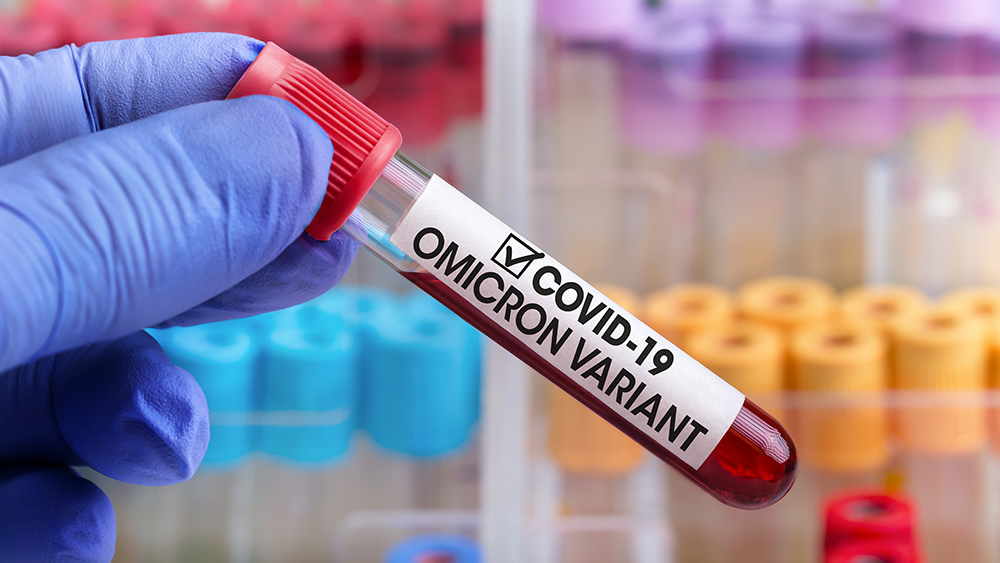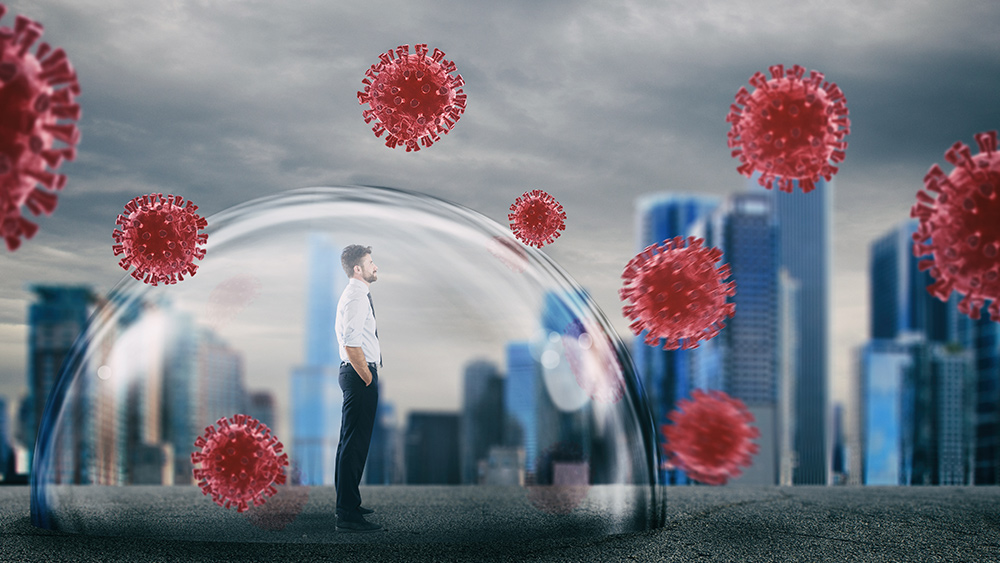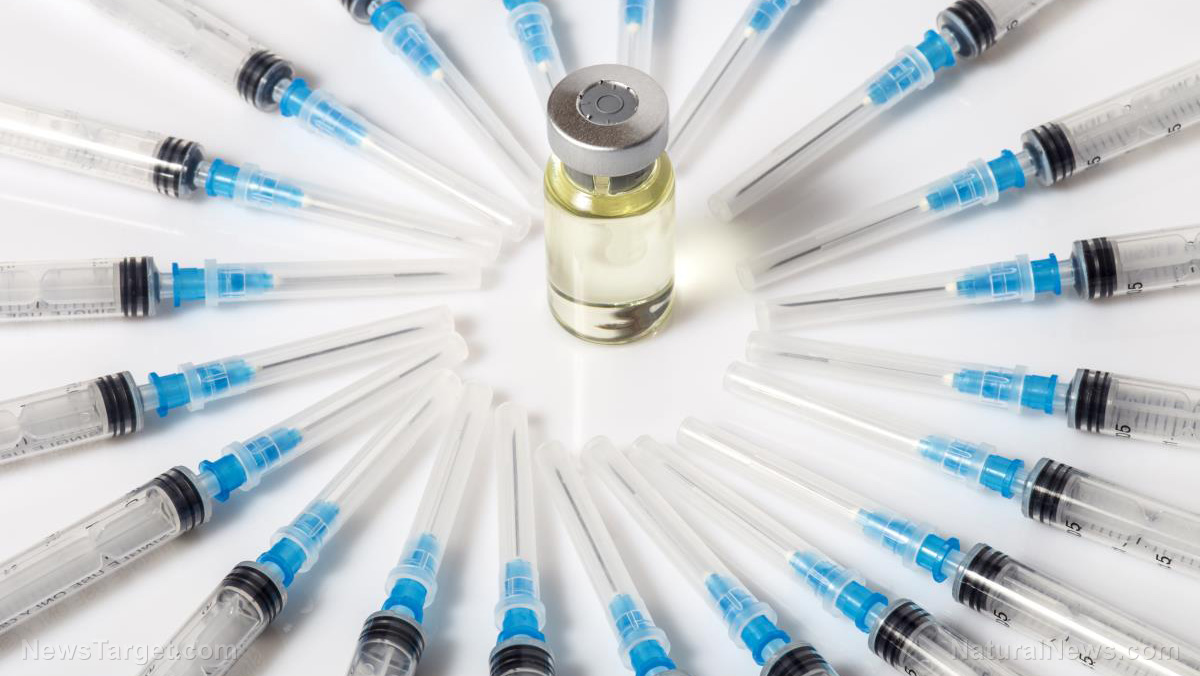Immense hydrocarbon cycle discovered in the world’s oceans
04/06/2021 / By Franz Walker

In a new study, researchers discovered a whole new cycle of natural hydrocarbon production and recycling in the world’s oceans. This discovery can help scientists better understand how the ocean’s microbes will respond to hydrocarbons present in spilled petroleum.
The study was conducted by researchers at the University of California, Santa Barbara (UCSB) and the Woods Hole Oceanographic Institution (WHOI). Using funding from the U.S. National Science Foundation, they investigated a previously neglected area for signs of an overlooked global hydrocarbon cycle and how it might impact the ocean’s response to oil spills.
“We demonstrated that there is a massive and rapid hydrocarbon cycle that occurs in the ocean, and that it is distinct from the ocean’s capacity to respond to petroleum inputs,” said UCSB researcher David Valentine, the study’s senior author.
Valentine and his team’s findings were published in the journal Nature Microbiology.
Ocean microbes both produce and consume hydrocarbons
When the ocean and hydrocarbons are mentioned within the same sentence, it’s usually in the context of an oil spill releasing the latter into the waters. But UCSB and WHOI researchers discovered that marine cyanobacteria pump more hydrocarbons into the ocean per year than other sources.
“Just two types of marine cyanobacteria are adding up to 500 times more hydrocarbons to the ocean per year than the sum of all other types of petroleum inputs to the ocean, including natural oil seeps, oil spills, fuel dumping and run-off from land,” said UCSB researcher Connor Love. (Related: Oil companies in Saudi Arabia use nanotechnology for petroleum extraction to minimize environmental pollution.)
The cyanobacteria Prochlorococcus and Synechococcus are responsible for nearly one-fourth of the global ocean’s conversion of sunlight energy into organic matter. In previous laboratory tests, these microbes were found to produce a hydrocarbon, pentadecane, during this process. To further explore the role of pentadecane in the ocean, Valentine and his team decided to visit a nutrient-poor region of the Atlantic Ocean to collect water samples.
The team took special measures to ensure that they would obtain only pristine seawater for their experiments. They asked the captain to face the ship to the wind so the exhaust would not contaminate the water. They also asked the crew not to cook, smoke or paint on deck while they were collecting samples.
The team then analyzed the chemical signature of diesel for comparison and used gas chromatography to confirm that the pentadecane in the seawater samples was produced solely by marine microbes.
Hydrocarbon-producing cyanobacteria prime other microbes to degrade oil hydrocarbons
According to the researchers, pentadecane and other hydrocarbons are spread across 40 percent of the Earth’s surface. More importantly, other microbes feast on them.
Hydrocarbons are constantly being cycled in and out of the ocean by certain microbes. Love and his colleagues estimate that because of this, only around 2 million metric tons of hydrocarbons are present in the ocean at any given time.
“Every two days you produce and consume all the pentadecane in the ocean,” explained Love.
The team was able to identify dozens of surface-dwelling Archaea and bacteria that consume pentadecane in the ocean. To see if these same microbes could also break down spilled petroleum, they decided to add the petroleum hydrocarbon pentane — which is structurally similar to pentadecane — to seawater samples they collected at various distances from natural oil seeps.
The researchers found that only samples taken near the oil seeps quickly developed blooms after the addition of pentane. Microbial populations grew at a much slower rate in samples collected far away, suggesting that organisms capable of breaking down complex petroleum products tend to live only near natural oil seeps.
Valentine referred to this as biogeographic priming — a natural event that conditions microorganisms to a particular energy source in a specific geographic area. The researchers also attributed their findings to genetics, noting that the genes microbes use to consume pentadecane are not the same ones they use for pentane.
“And what we see with this work is a distinction between pentadecane and petroleum that is important for understanding how different ocean regions will respond to oil spills,” Valentine said.
Follow Environ.news for more news on oil spills and ways humans add to the hydrocarbons already existing in the ocean, and what’s being done about it.
Sources include:
Tagged Under: breakthrough, discoveries, environment, hydrocarbons, marine microorganisms, ocean health, oil, oil spill, pentadecane, pentane, petroleum, research
RECENT NEWS & ARTICLES
COPYRIGHT © 2017 RESEARCH NEWS





















